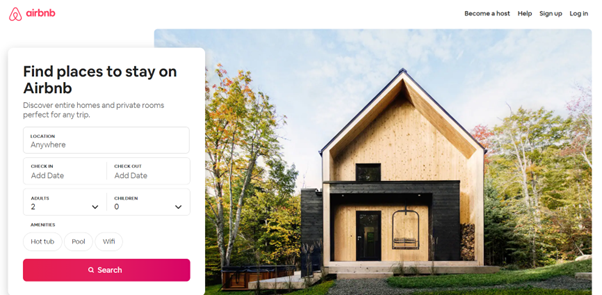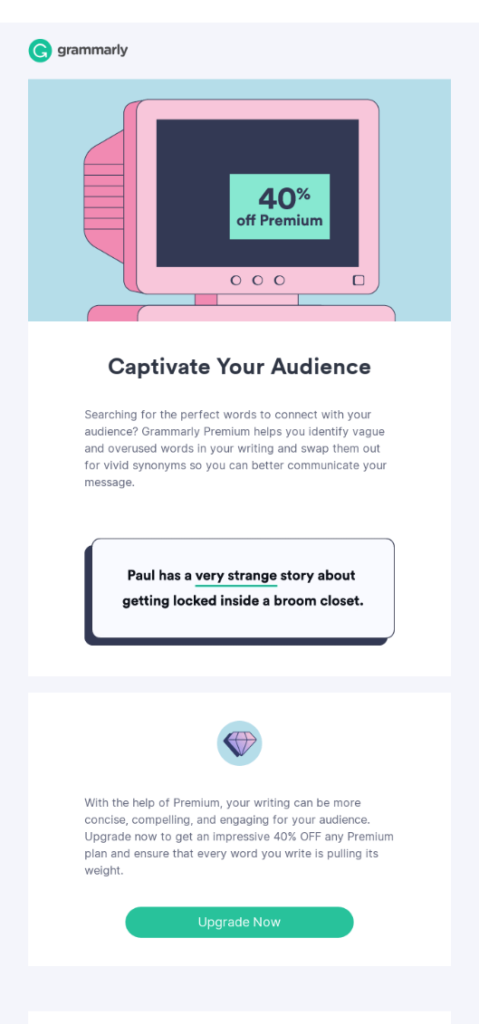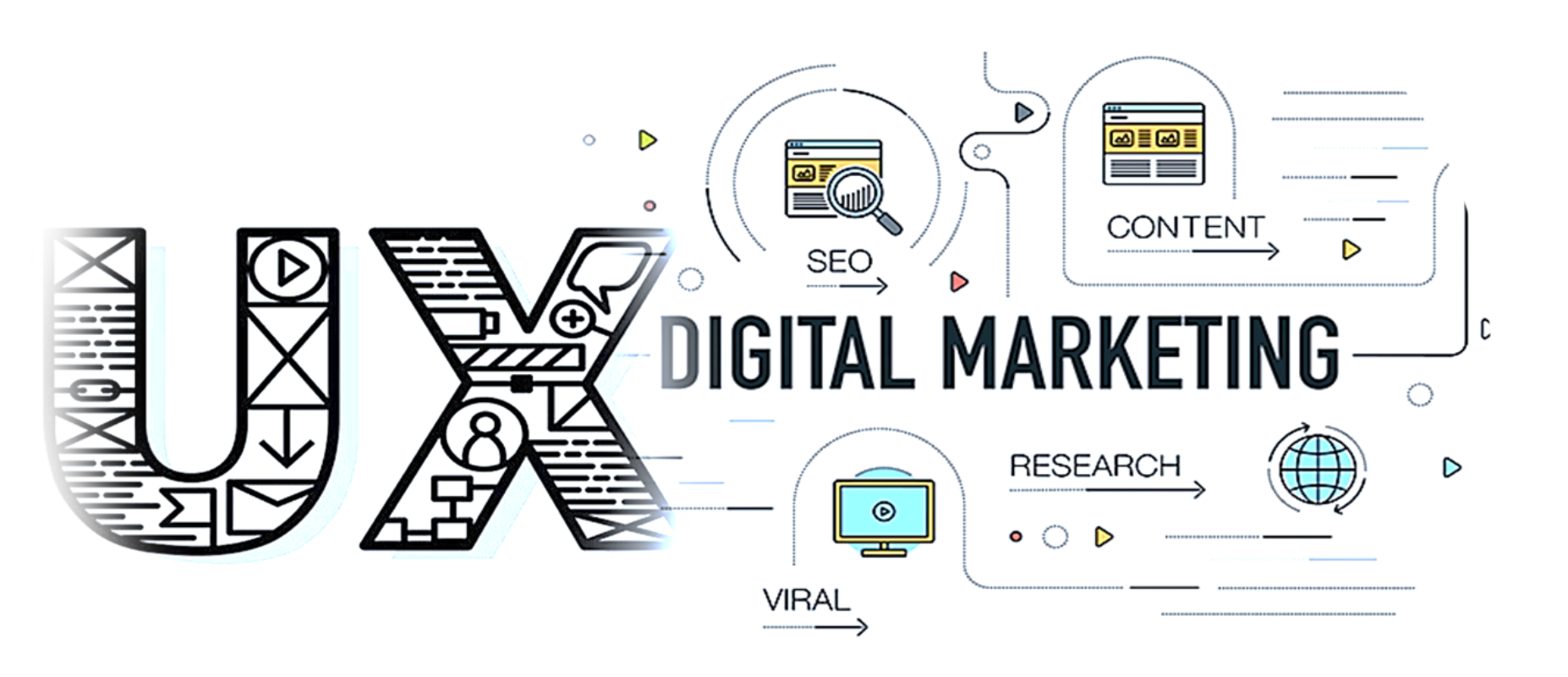It may not seem like user experience has much to do with marketing—after all, sales and promotions are what drive customers toward conversions.
But that’s where you’d be wrong.
How many times have you visited a website that was difficult to navigate? Probably more times than you can count. Perhaps the search bar was hidden or perhaps the navigation menu was confusing.
Even though these might seem like minor annoyances – those few extra moments spent struggling to find the search box can actually deter people from returning to that site.
Just as the perfect pitch can make all the difference in a sales campaign, a streamlined user experience can have a big impact on conversion rates.
See, creating successful sales and conversion are largely based on a sense of appeal — both in the product’s value proposition to the customer and in the customer’s interaction with the business itself.
For a better understanding of the relationship between UX and digital marketing, here’s a breakdown of how the former has become an integral part of the latter.
How does user experience fit into the broader digital marketing mix?
User experience (UX) is the term used to describe the feelings users have when interacting with your website or app. For the most part, it involves:
- a level of audience engagement,
- the ability to meet and exceed customer needs,
- and the perception of your brand.
In short, good UX is essential for keeping users coming back to your site or app.
To make it even clearer, let’s put it this way:
Digital marketing is all about creating a relationship with your customers. And what better way to do that than by providing them with a great user experience?
UX through a digital marketing lens is all about supplying the right experience and information to your customers, at the right time, in the right context, and through the right channel. Starting with the first interaction with your brand and going on to client onboarding and usage.
And while UX typically applies to your website or a mobile app. The user’s experience should always be top of mind, whether you’re selling rubber ducks on your e-commerce website or onboarding a new client for your digital agency.
Every company in the world competes for the attention of its target audience. Marketers spend a lot of time and effort trying to get that attention. But what happens after your prospective customers actually land on your website? Once they get there, it’s all about the user experience you provide. This is why UX should be at the top of the list in terms of marketing strategies.
For instance:
Let’s take a peek at Airbnb’s landing page. It has an interface that’s simple, fun, and compels you to take action. You can quickly search for a place, find out what it’s like, and book accommodation easily.

What does that do for Airbnb? It diminishes cognitive fatigue, fosters customer trust in your brand, and gets them excited about using the platform again. All with a well-thought-out UX design.
What are the benefits of user experience in digital marketing?
User experience is an immensely valuable tool for any modern business on any budget, so it pays to research the topic and make sure that you’re taking advantage of the benefits wherever possible. Here are some of the key marketing advantages of making sure your UX is up to scratch:
Supporting your SEO efforts
First and foremost, a pleasant user experience will increase the number of organic visitors to your website. When users spend time on your site, exploring, clicking, and testing features, your dwell time goes up and bounce rate goes down.
Google takes this into consideration as one of the many ranking factors that determine your rankings. A better user experience can only aid your search ranking efforts!
Generating more leads
By providing an excellent user experience, you’ll encourage users to begin their customer journey, generating leads in the process. In fact, a great UX design could boost conversion rates by as much as 400%. Amazing, right?
A strong user experience appeals to your target market psychologically, serving their needs in ways they’re not aware they even have.
For example:
Take Airbnb’s interactive map. This feature allows users to search for properties within a specified area, making their search for rentals a lot easier.

Increase customer satisfaction
If you make it easy for your customers to find what they are looking for and ensure they have a positive experience using your website or app, they’re more likely to be satisfied with your company overall.
Happy customers talk. And word of mouth marketing is powerful. People trust recommendations from friends, family and people they know. In the world of data and digital everything, it’s easy to forget about this time-tested form of customer acquisition.
Increase brand credibility
No one wants to use a website that’s constantly crashing or re-directing them to unwanted locations. Users should have confidence that each button will lead them where they expect it to. If the connection between navigation, functionality, and marketing is severed, it may become increasingly difficult to maintain your visitor’s attention.
Make marketing messages impactful
Of course, the copy you use in your marketing messages is important, but that’s only one part of the broader experience involved in persuading readers to act. The usage of your on-page UX elements plays an equally important role in getting visitors to take action.
That’s why it’s so important to make sure your website, social media channels, and other marketing materials are designed with great UX in mind. By ensuring a smooth, intuitive user experience, you’ll help your potential customers stay engaged and interested in what you have to offer.
For example:
Check out this promotional email from Grammarly. First, the brand’s persuasive copy constructs an air of trust. And then its user-friendly and cohesive design cements that trust.

Conversion is in the little UX details
Digital marketing has evolved into a game of meaningful experiences — the kind that has the potential to drive more traffic and conversions.
And user experience embodies the core of creating those meaningful experiences for your prospective customers. By taking care of the little details and making sure your target audience has a great experience, you’ll see improved results all around!
- How to Balance UX and Growth Without Compromising Either - July 1, 2025
- The Role of Surveys and Forms in a Complete UX Research Strategy - May 20, 2025
- Reducing Bounce Rate with Intuitive UX Design - March 12, 2025
![]() Give feedback about this article
Give feedback about this article
Were sorry to hear about that, give us a chance to improve.








